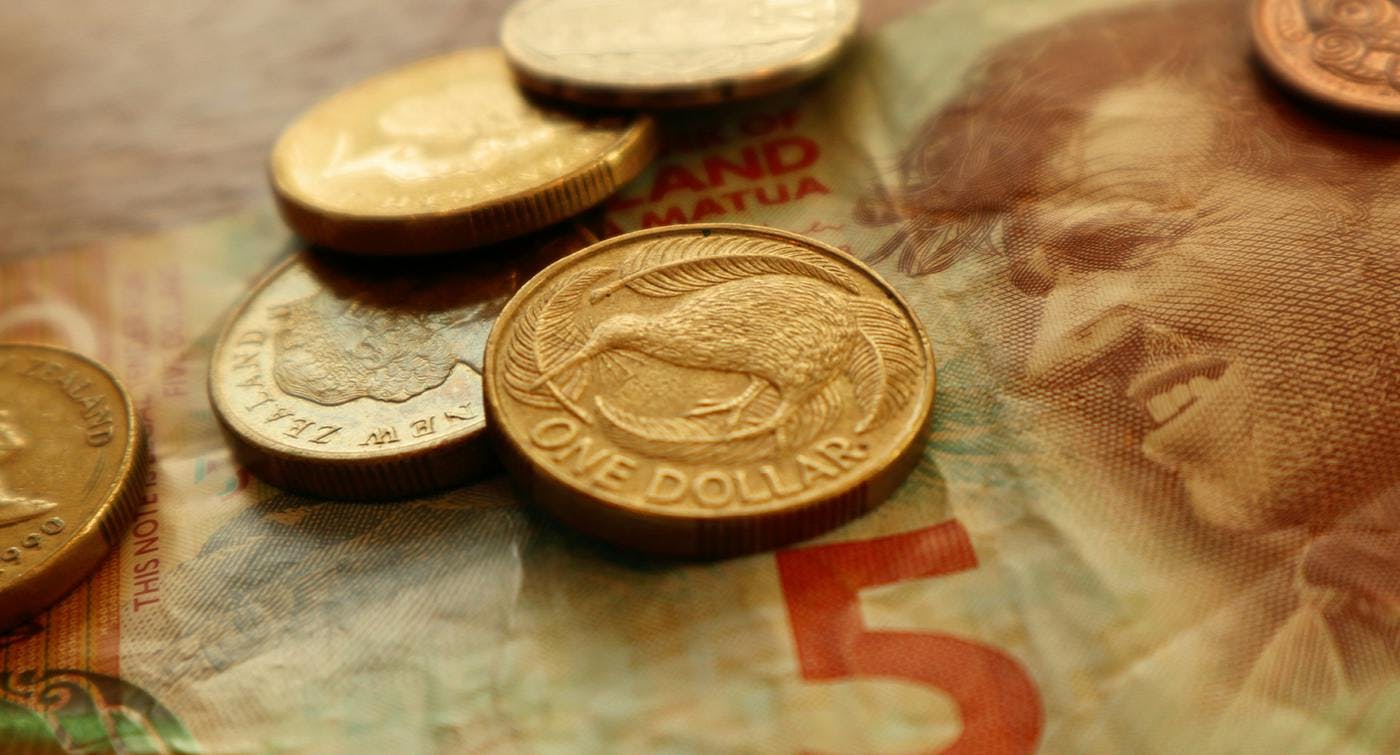MEDIA • 1 APRIL 2018 • 3 MIN READ
Business leaders weigh in on the minimum wage increase to $16.50 per hour

Today’s increase to the minimum wage has been welcomed by business leaders.
The first of three increases outlined in the Government’s plans was met today, increasing the minimum paid hourly rate by 75 cents to $16.50 from $15.75.
It is the largest increase in the minimum wage since 2008, and approximately 164,000 workers will see increased wages, according to Government figures.
New Zealand Council of Trade Unions president Richard Wagstaff said the organisation supported the rise in minimum wage and Government’s plan to increase this again further to $20 in 2020.
“We support the rise in the minimum wage to $20 per hour in 2021, because it will bring it closer to a living wage, the amount that is needed for working people and their families to actively participate in their communities,” Wagstaff said.
“Real wages are falling behind productivity increases so the minimum wage is not the only tool we need to ensure all New Zealand working people receive fair incomes. That’s why we think better arrangements for collective bargaining are essential.”
Wagstaff said those on minimum wage were more likely be women, and so raising the hourly rate also supported gender equality.
Xero country manager Craig Hudson said the increase to the minimum wage would put pressure on small business.
“There is no doubt the minimum wage increase will put pressure on the bottom line for some small businesses, and I’d recommend any concerned owners should speak to their accountant or bookkeeper about how to manage payroll budgets to ensure they aren’t out of pocket,” Hudson said. “Seventy five cents an hour might not seem like a lot, but over a 40 hour week, this equates to $30, or over a 52 week period $1,560. In some cases, particularly for small businesses that have a large lower-paid workforce, the pinch could feel a lot worse.”
Hudson said the wage increase was an opportunity to address productivity.
“This is a great opportunity to look at productivity improvements small businesses can make to offset this increase in cost. The ability to do more and increase revenue through the adoption of technology is worth looking at to improve efficiencies.”
Beany chief executive Sue de Bievre also said the increase would cause short-term stress for small business owners.
“New Zealand has been suffering from a low wage economy for too long and the increase in minimum wages is a small, but significant, step to address that issue,” de Bievre said. “ The question is how do we reconcile the need for higher wages with the maintenance of business profits?”
Increased productivity was the key to ensuring that, she said.
“There are many ways to improve productivity from using plant and equipment to reduce the need for labour intensive processes, to using technology to cut down on unnecessary paperwork. This would normally be a threat to jobs in New Zealand – but now is a great time to really think about this as we have low levels of unemployment,” de Bievre said.
“More money in the pockets of the lower paid; this can also provide a stimulus for the economy which some business owners may be able to capitalise on.”
Employers and Manufacturers Association chief executive Kim Campbell said he believed businesses would be prepared for the increase as it was signalled in advance, even by the former National Government.
“New Zealand is enjoying its best terms of trade for over a decade and will remain competitive,” he said. “There are more increases planned and these will be problematical as it takes New Zealand into uncharted territory having the highest minimums in the world and rising.
“No one knows for sure the effects of relativity demands but we are already seeing these tensions coming out of the pay equity settlements in the healthcare sector.”
Campbell said New Zealand had the highest minimum wage rate in the world.
Originally Published NZ Herald – 1 April 2018
Share: